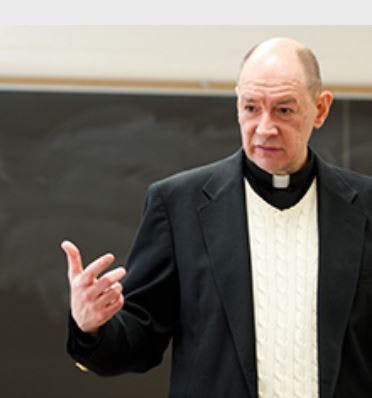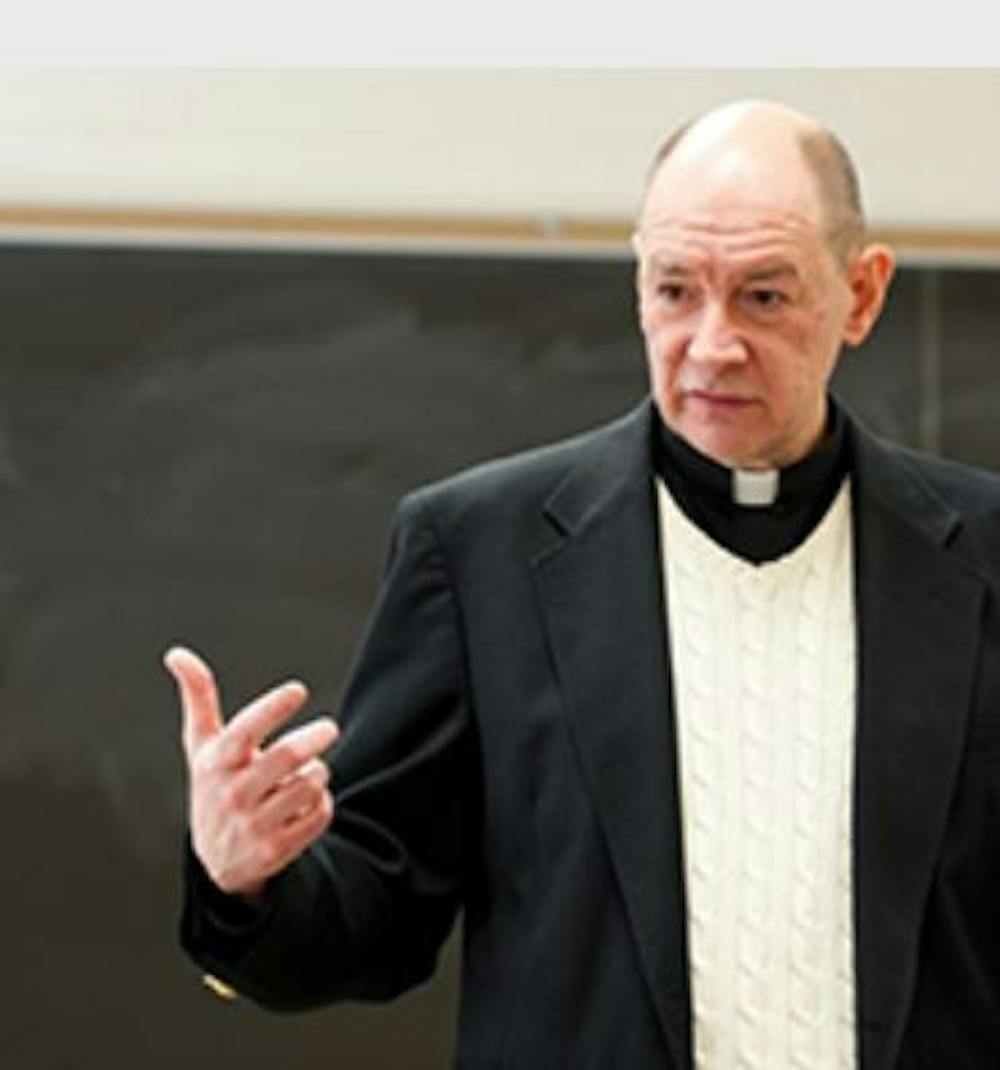Aiming to bolster student involvement and create a more unified atmosphere, Seton Hall University’s honors program has created a Student Advisory Board (HPSAB) this semester.

The events sponsored by the HPSAB will be mainly a result of the ideas put forth by the committee, which is different from past years in which faculty would plan many of the events.
Father John Raneri, director of the Honors Program, emphasized his enthusiasm for the HPSAB in an interview with The Setonian. He believes the committee will help retain students in the honors program and provide welcoming activities for the students to both learn and to socialize.
Father Raneri hopes that the HPSAB will encourage students in the committee to have increased responsibility and involvement, instead of relying on an agenda made by Raneri to plan events.
“I am very much excited because they seem to be very conscientious, energetic, and committed students to the Honors Program and so far I am impressed by their efforts,” Father Raneri said.
In an email, the Student Advisory Board co-chair Frank Mabalatan shared upcoming initiatives the committee plans to implement such as a mentor-mentee program, increased study accommodations, and the collection of academic trip requests. The junior business management and political science double major elaborated that the HPSAB was created out of a necessity as a support system for the “quite rigorous” and “very daunting endeavor” of an honor’s Colloquia, that students do not necessarily need to take alone.
Mabalatan also specified that the HPSAB is not excluding those not in the honors program. While the HPSAB is mostly tasked with aiding honors students through their academic journey, the board is also tasked with promoting the honors program so that it is more integrated and visible in the campus community.
“Honors students informally create small communities in which they live, socialize, and study with each other, but it was important that there be a formal structure, sponsored by the Program’s administration, to create a larger and more connected community,” Mabalatan said.
Junior anthropology major, Kayla Rivers, noticed as a member of the honors program for two years that a social component was missing in their small community. Although people have grown to know each other well by bonding over the rigor of the work, there were very few occurrences that allowed them to relate on a personal level.
“Adding this element to the program, in my opinion, can definitely help cultivate a more inviting, exciting atmosphere for the students,” Rivers said.
Although Rivers feels that the lack of social component has had a negative impact on her experience in the program in the past, she is looking forward to attending the future events that occur.
Caitlin Gartley can be reached at caitlin.gartley@student.shu.edu.





